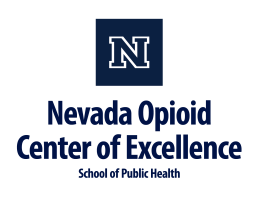This is the third of six sessions in the Resiliency-Informed Substance Use Prevention Learning Series.
Click here to access session 4.
This introductory session provides an overview of the six core wellness skills of the Community Resiliency Model (CRM), a strengths-based, science-backed approach to regulating the nervous system in response to stress and trauma. Participants will learn how trauma affects mental and physical health and explore how CRM’s sensory-motor techniques can help restore balance and build resilience. The session also discusses the role of a “CRM Guide” in sharing these skills with others to support community wellbeing.
Learning Objectives:
By the end of the session, participants will be able to:
- Describe how stress and trauma affect mental and physical health.
- Learn and practice the six skills of the Community Resiliency Model (CRM).
- Explore how current challenges fit into CRM’s framework for understanding stress and trauma, and its impact on mental and physical health.
- Describe how CRM can protect and heal via sensory-motor awareness.
- Explain how you can share CRM skills with others as a “CRM Guide.”
Presented by: Fabricia Prado, LCSW and CWC Alliance
Funding for this activity was made possible in whole or in part by the Nevada Department of Health and Human Services (DHHS) Director’s Office through the Fund for a Resilient Nevada, established in Nevada Revised Statutes 433.712 through 433.744. The opinions, findings, conclusions, and recommendations expressed in our courses are those of the author(s) and do not necessarily represent the official views of the Nevada Opioid Center of Excellence or its funders.
